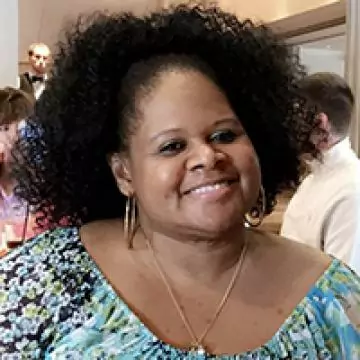“An online support group is three-dimensional. We start with good news, and get practical information that I can use right away.”

Lynn’s vestibular journey started on Thanksgiving in 2015, when Lynn started to feel off-balance and nauseous. She went to urgent care and was told to take Sudafed for the fluid in her inner ear. By Friday, she’d lost her hearing. On Monday, she went to her general practitioner and was referred to an ENT (ear, nose and throat doctor), who suspected an autoimmune disorder and gave her a low dose of steroids.
Later, Lynn had an MRI and complete bloodwork, which confirmed the autoimmune diagnosis, specifically Cogan’s syndrome, which results in bilateral vestibular hypofunction.
Basically, Lynn’s vestibular system and eyes were being attacked by her own cells, causing her to lose her hearing and vision.
“It was a journey of pain,” Lynn says. “I didn’t know if I would lose my hearing and balance, and there was no cure and no medication to help me.”
Lynn’s doctor says she’ll eventually need a cochlear implant. She can’t work or drive, not to mention the difficulty of performing everyday activities.
“It’s very disabling,” Lynn says.
FINDING SUPPORT
Lynn was a teacher with the Philadelphia school district for 23 years. She is married with two children, and she has a twin sister.
Lynn turned to Facebook for additional support, which was great, but she found the Facebook groups two-dimensional. A social person, Lynn likes being able to see people and watch their body language and visual cues, which make her feel validated and not so alone.
Lynn has connected with other people living with vestibular disorders in VeDA’s online support groups.
“An online support group is three-dimensional,” Lynn says. “We start with good news, and get practical information that I can use right away.”
Lynn says she’s forging new friendships.
“You can be more honest in an online support group (compared to forums or social media) because you are seeing someone face-to-face. This makes your communication more transparent and accountable. When you look at someone, you can see their pain, and that helps you empathize with them.”
MORE INFO
For more information about online support groups, please contact VeDA’s Patient Support Coordinator by calling 800-837-8428.